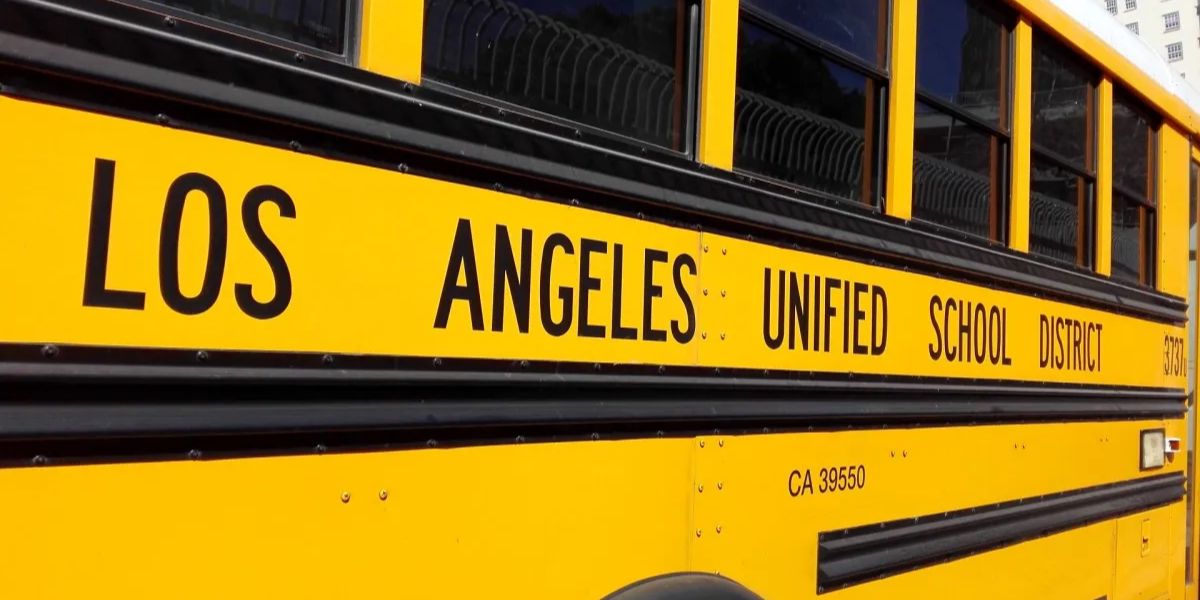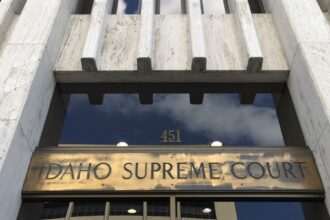LOS ANGELES — The Los Angeles Unified School District board unanimously approved an $18.8 billion budget for the 2025-26 fiscal year on Tuesday, despite grappling with an almost $3 billion deficit and ongoing concerns over declining enrollment and academic performance.
The approved budget leaves the district facing a $2.9 billion shortfall, with projected revenue totaling just $15.9 billion. Despite the significant deficit, board members expressed confidence that LAUSD can maintain financial stability while investing in student-focused initiatives.
“Today, I, and all of the Board members present, supported a budget that keeps our District on strong financial footing and reflects our shared commitment to students,” said board member Nick Melvoin in a statement. He acknowledged the financial challenges but encouraged the district to explore more innovative ways to generate revenue to support student success.
Superintendent Alberto M. Carvalho emphasized that the budget includes nearly $60 million in new investments for programs such as the Black Student Achievement Plan, accelerated arts initiatives, and protections for LGBTQ+ students.
“These are ethical and moral priorities that our school district should embrace,” Carvalho said. “We are on the right side of history as we make these budgetary investments.”
However, not everyone shared the board’s optimism. Some parents voiced frustration over the district’s financial management and academic performance.
“This system fails families,” parent Maria Palma told board members. “The only clear hard data we ever see are the dollars budgeted, mainly for salaries and benefits. But where in the bargaining agreements are student academic outcomes?”
Palma also criticized the district’s continued enrollment decline, which has seen LAUSD’s student population drop from 747,009 in 2003-04 to just 387,152 this year.
Despite these concerns, district leaders defended the budget’s priorities and its focus on equity.
“The principles and values reflected in this budget uphold our promise to student equity,” Carvalho said. “While the structural deficit we face is unwelcome, our team has adopted a responsible framework with flexible guardrails that are adaptive to our economic reality.”
District officials say they will continue monitoring the budget throughout the year, adjusting as necessary to address economic and educational challenges.









